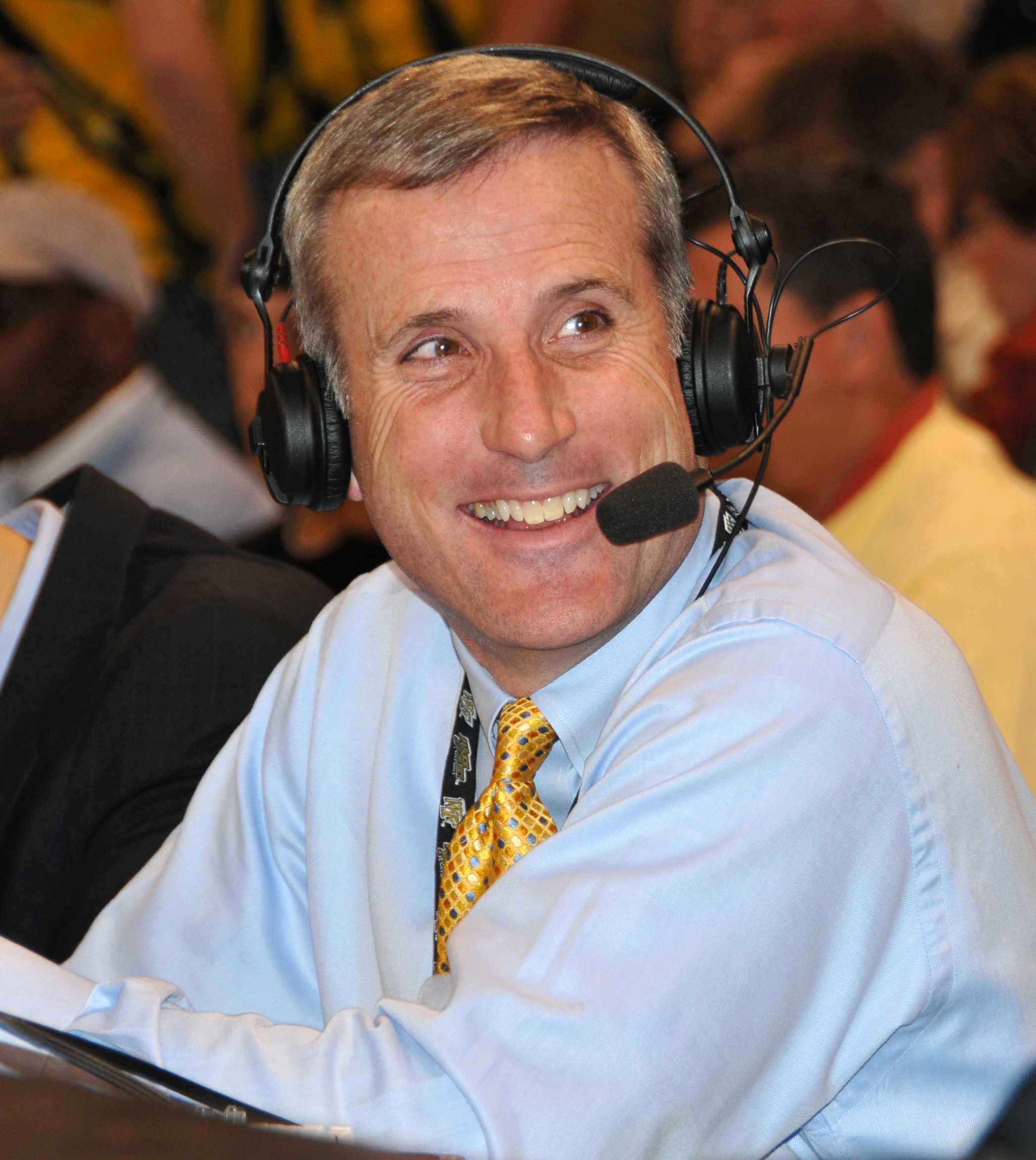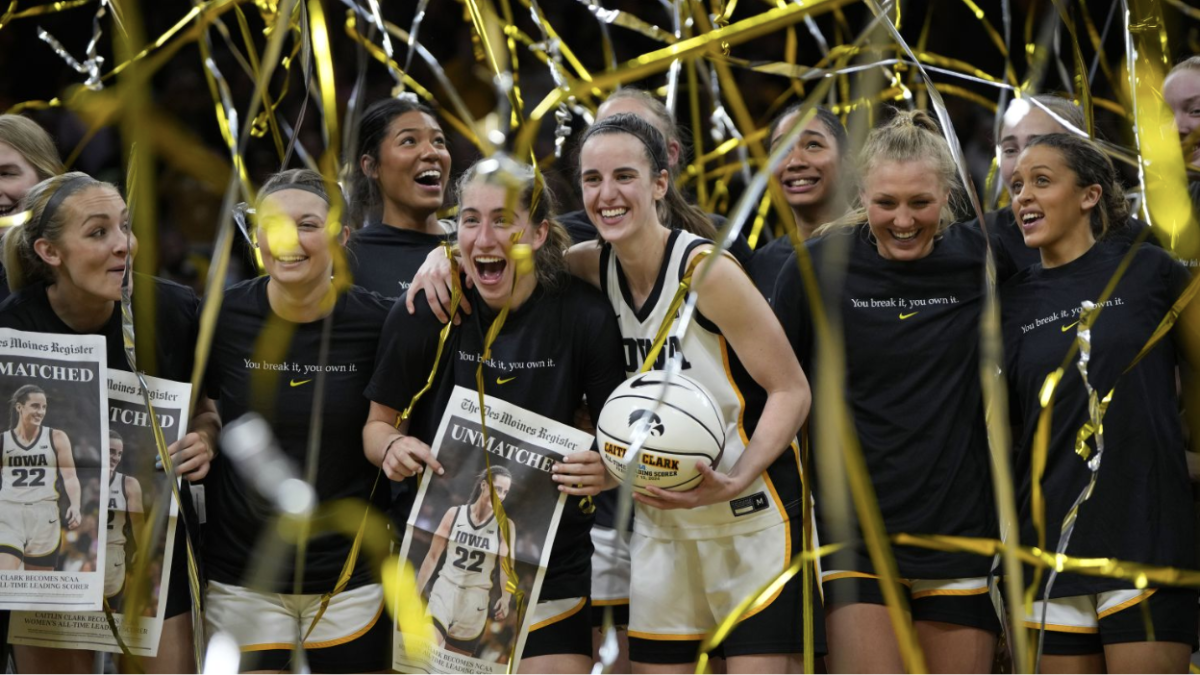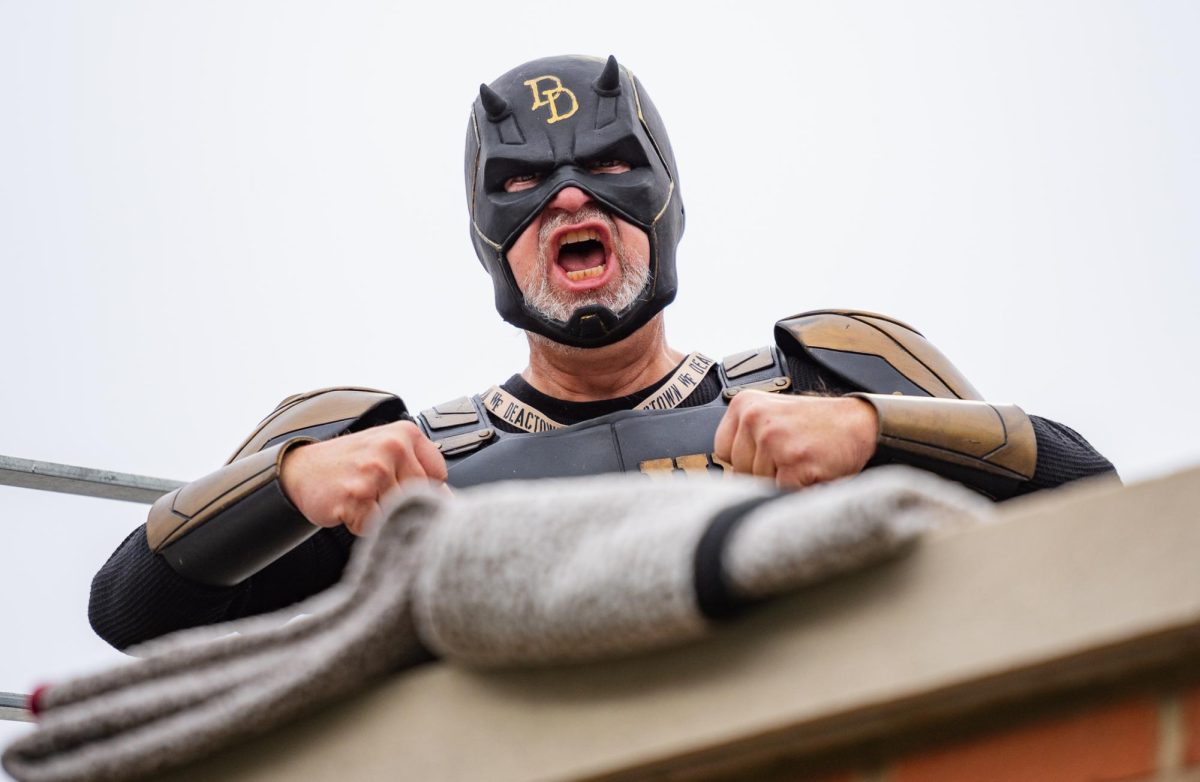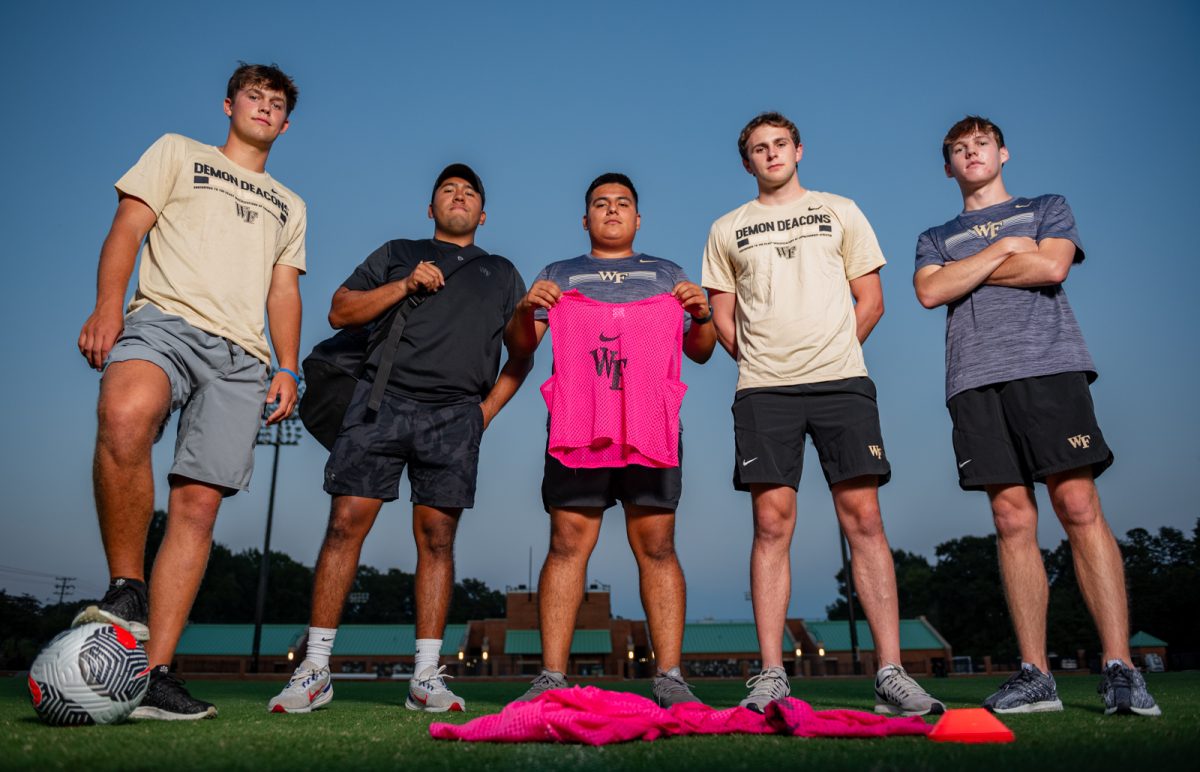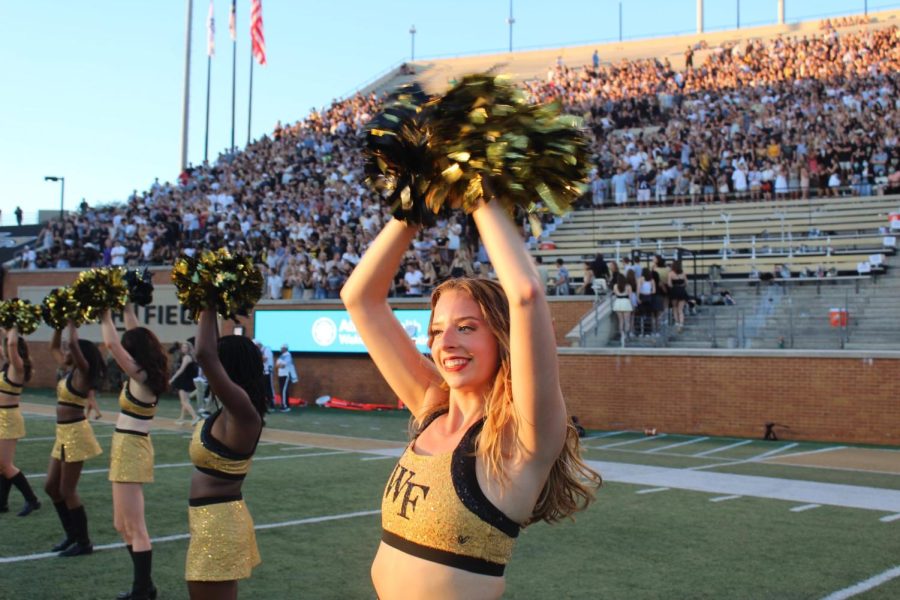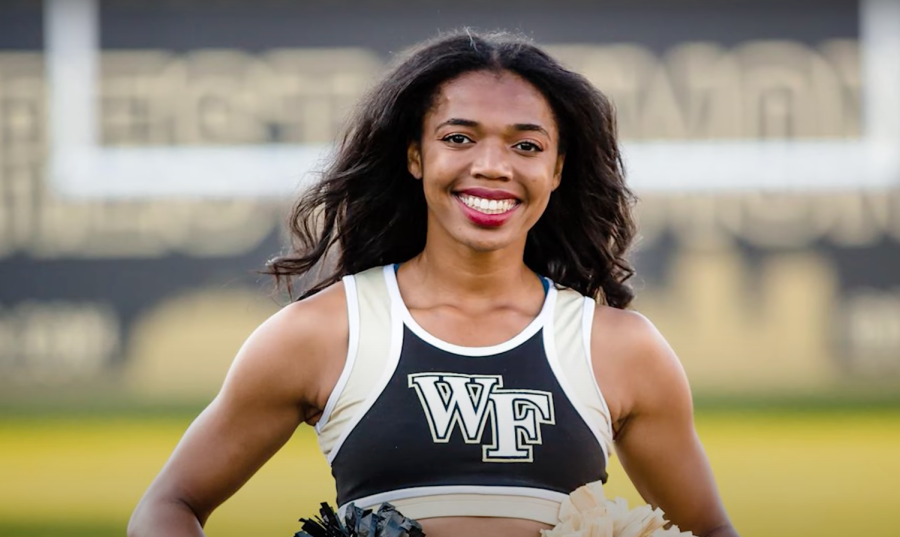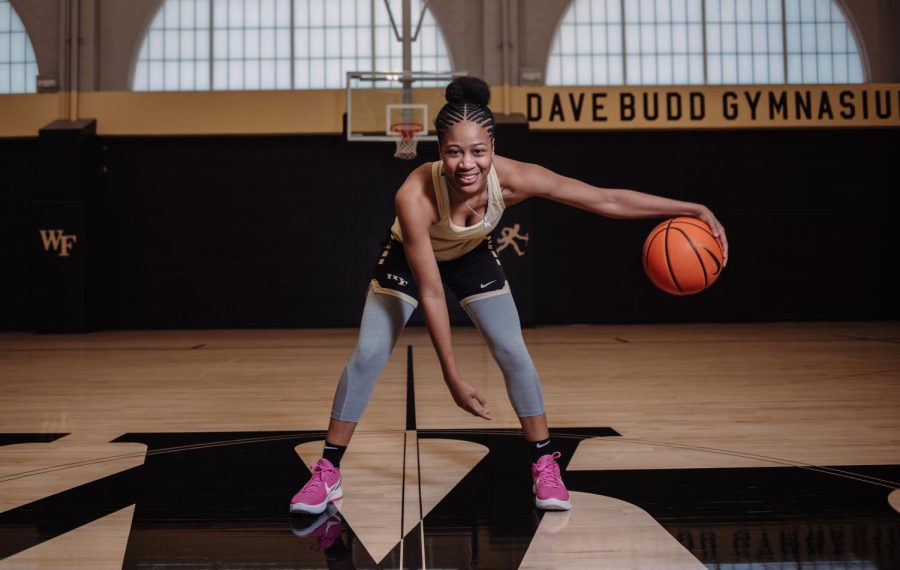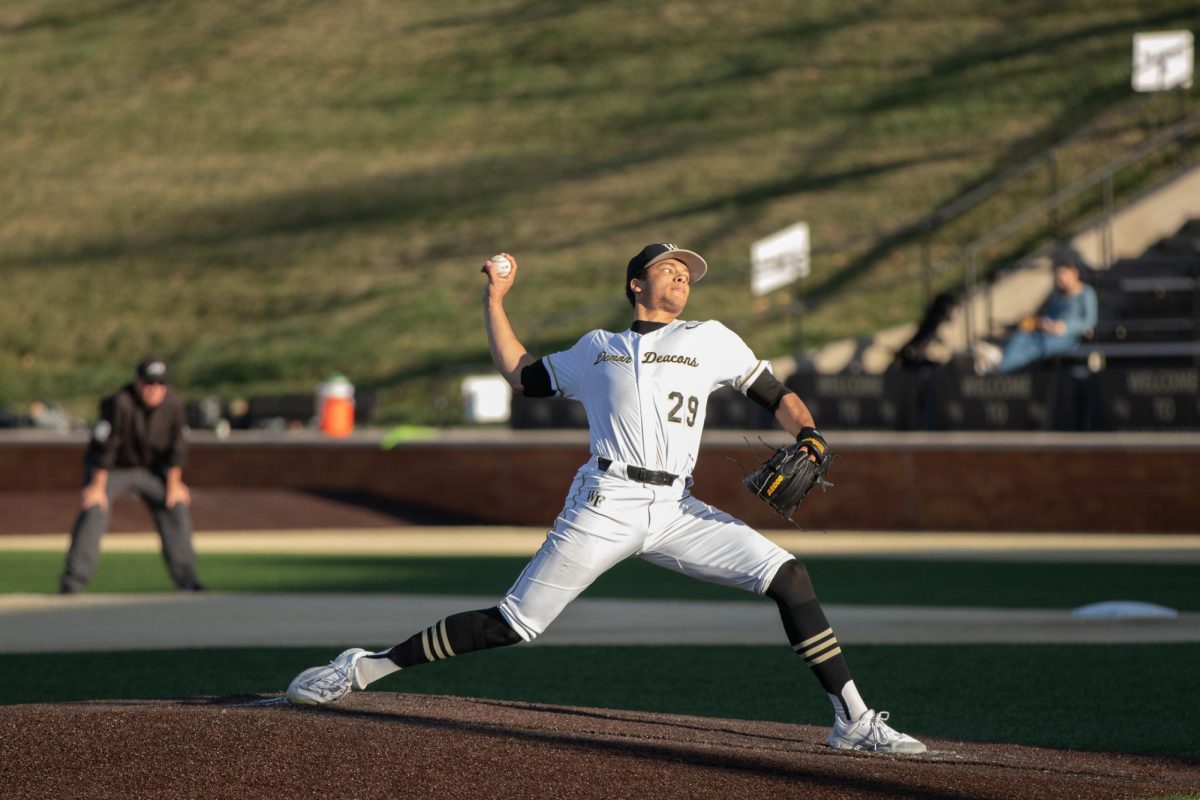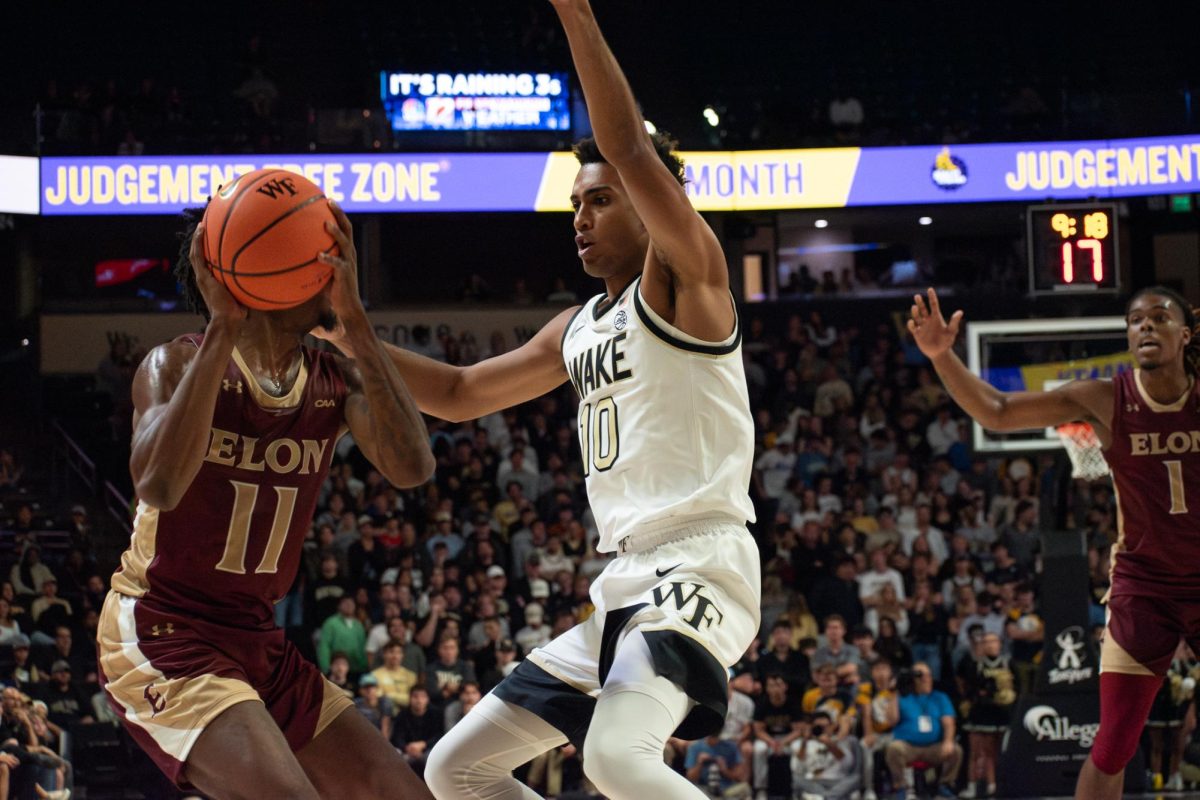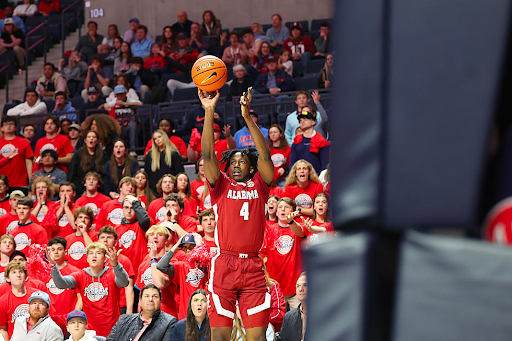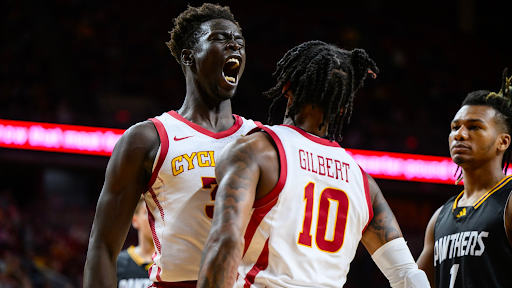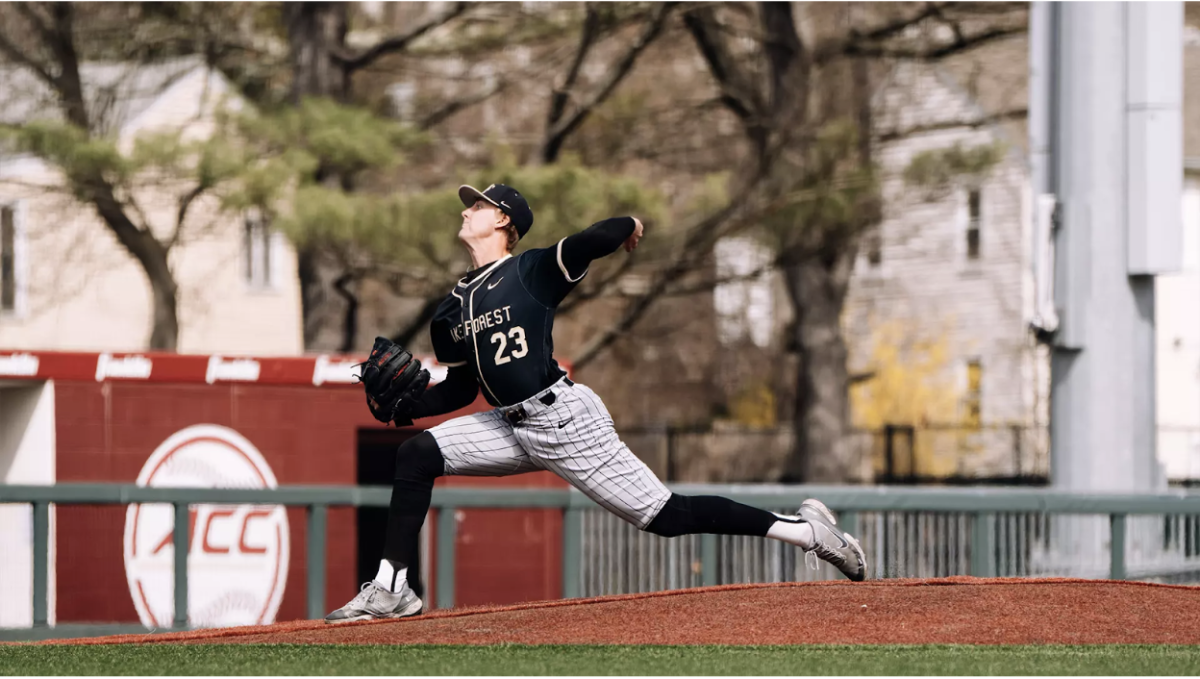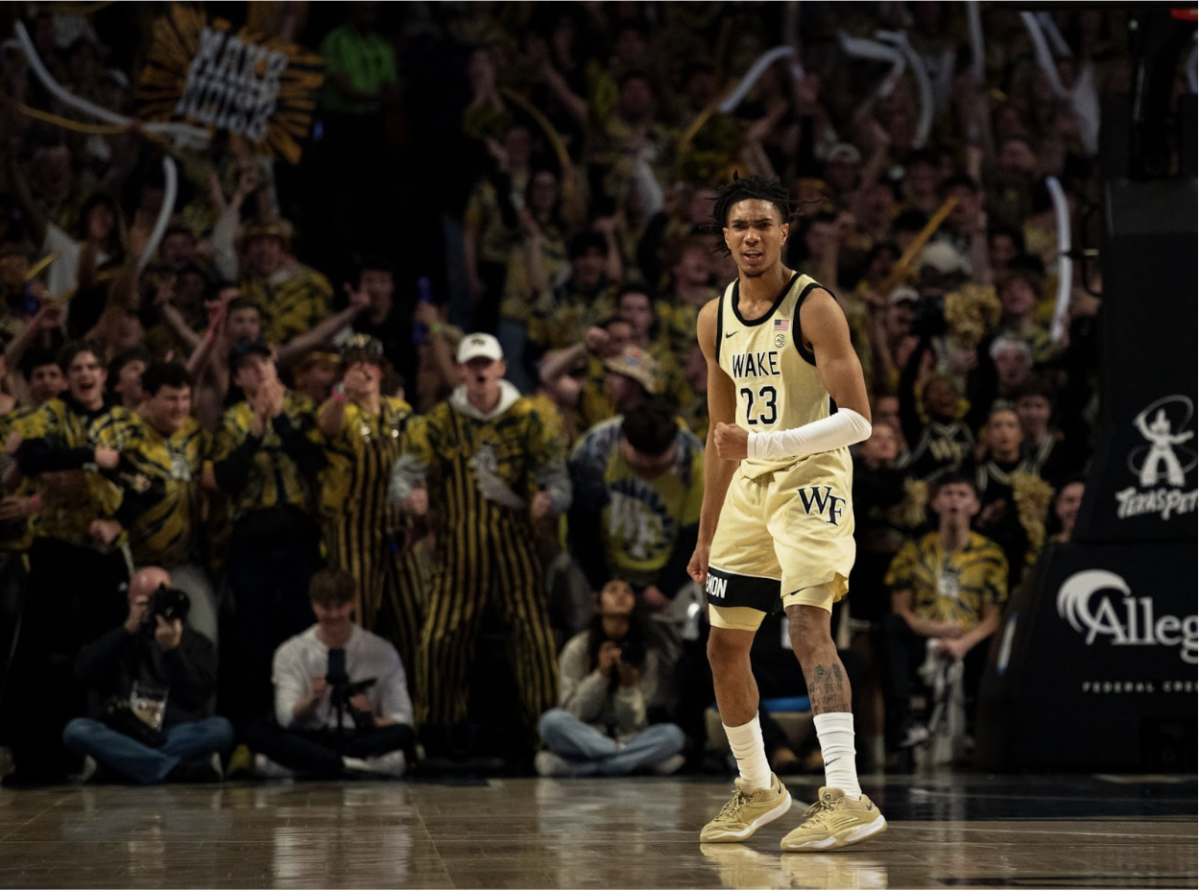If you have listened to a Wake Forest football or basketball game on the radio over the past 24 years, then you’ve definitely heard Stan Cotten, the “Voice of the Deacons.”
Having received a lot of recruiting attention during his time as a high school quarterback, play-by-play broadcasting was not necessarily the first profession Cotten envisioned for himself. One football injury and a tape recorder later, his football stardom dream was over, but his iconic broadcasting career was just beginning.
The Old Gold & Black sat down with one of the most emblematic, Twitter-account-inspiring figures in Wake Forest sports to discuss what it feels to be the voice of Wake Forest sports, Cotten’s favorite moments around the Deacs and his relationship with players and coaches.
Rafael Lima: You’ve been working with sports broadcasting for 40 years as a play-by-play announcer. How exactly does someone get into the career of play-by-play radio broadcasting?
Stan Cotten: Honestly, I fell into it. All I ever wanted to be was a [football] player. I was a high school quarterback and was pretty heavily recruited. So, I, probably like a lot of 17-year-olds, thought I would be able to play football forever. [Laughs.] But, that was my goal, and then I got hurt; I torqued my knee really badly. I will save you all the gruesome details. My football career came to a screeching halt.
There was a radio station that was carrying our games and they gave me a tape recorder. They said, “Interview some of your teammates. You know them better than anyone else. Have some fun with it. Be creative, and if we like it, we’ll use it on the broadcast.” They did and that led them to offer me a part-time job at the radio station.
I went to school at the University of Tennessee. My high school football coach then moved on to the college ranks at [Carson-Newman University]. He said, “Look, you’ve been playing around with this radio, working part-time at the radio station. How would you like to announce our games on the radio?” So, I did that! As a student at UT, I started calling the [Carson-Newman] football games on the radio. I did my first game, and I just absolutely fell in love with it. I have been doing it ever since. That was 40 years ago. I went from Carson-Newman to Marshall [University] and from Marshall to Wake [Forest] and this is year 24 at Wake Forest. So, it really wasn’t something that I thought I wanted to do. But, once I did that first game broadcast, I was hooked.
RL: What’s your favorite memory calling a game?
SC: You know, I’m asked that a lot. My memories are more so of the people and not the games. There are plenty of games that I remember, but it’s the people that kind of made those games happen. The other day Jim Caldwell, Wake Forest’s [former head football] coach, opened the gate at the football game. I remembered all the great times I had with him and his teams. I think the older you get, your perspective turns a little bit more toward people than ball games.
But, with regards to games: in football, probably the game [I remember the most] was the ACC title game that led to the Orange Bowl in 2006. It was the first ACC Championship game since 1970 that Wake Forest was in. That was certainly historic. Just watching Muhammad Ali and Arnold Palmer representing each school out on the field and seeing an estimated guess of about 40,000 Wake Forest fans at that game was incredible. In basketball, my first year was Tim Duncan’s senior year. Then, Skip Prosser was here. He was such a unique human being. I remember so fondly my friendship with him [and] also some of the special teams that he had. I remember a game at Chapel Hill. I think it was his first go-around against the Tar Heels, and it was a triple-overtime game. I think it was 119-114. That’s a game I’ll never forget, with just how happy Prosser was after that game. I think that win helped him believe that he really did belong in the ACC, even though we all knew.
RL: What about tough moments for Wake Forest sports?
SC: Well, the day Skip Prosser died was the toughest of my career. For any of us who were around, that was just a horrible, horrible day. Forget the fact that he such a great basketball coach. He was just a great human being, and the fact that we lost him way too early was so sad. In a lot of ways, I think our basketball program hasn’t completely recovered from that, and I’m not sure how you can. That was certainly a dark moment.
RL: What’s it like to be the “Voice of the Deacs” for so long — the voice that people associate with happy sports moments, but also the voice that people remember through bad moments?
SC: I take that very seriously, because growing up as a kid I was a big Tennessee football and basketball fan. I can remember listening to those games on the radio. I think the radio announcer at the time in Tennessee was John Ward, and he did the games forever. All of us grew up listening to him. People ask me “Did you get into broadcasting because of John Ward?” My answer is, “He didn’t make me want to be an announcer. He made me want to play!” He was so good at what he did that I wanted to be one of the guys he was talking about, playing the game.
Then, once that dream of playing football went away, I started thinking about “man, he had such an impact in my life. That has to be a cool thing to do.” Then I got hooked. You do it for a long time and then you start to meet people that say, “I grew up listening to you.” That’s something I never really thought about. But now that I’ve been here a while and I’ve met so many people who said that, it’s humbling. It’s more humbling than anything else — to be that voice that so many people connect with. You are the one bringing them closer to the school that they love, their football team, their basketball team or whatnot.
RL: You definitely have a very close relationship with Wake Forest. How do you keep some impartiality as you call some of its games?
SC: I think my job is not like that of someone, say, at ESPN or CBS. They are supposed to be impartial. I don’t think I am. My job is to really tell the Wake Forest story, to try and put Wake Forest football and basketball in as positive a light as I can. That doesn’t mean that, as you describe the game, you don’t reflect accurately what’s happening on the field or on the court. Your job is to paint the picture of the game win or lose, whether Wake Forest is playing well or not. But, at the same time, you do it from a perspective of a Wake Forest fan. For instance, when people listen to the game, hopefully they can tell that I want Wake Forest to win the game. If I were at ESPN or CBS, that would get me in trouble. You’re supposed to be impartial, 50-50, right down the middle. But, when you’re the “voice of the school,” you’re not supposed to be that way. I want people to know that I want Wake Forest [to win], but, at the same time, I want to reflect accurately what’s happening on the field. When the game is over, I want someone who wasn’t there to feel like they were there. That’s my job and that’s my role. I’m more of a storyteller, telling the Wake Forest story.

